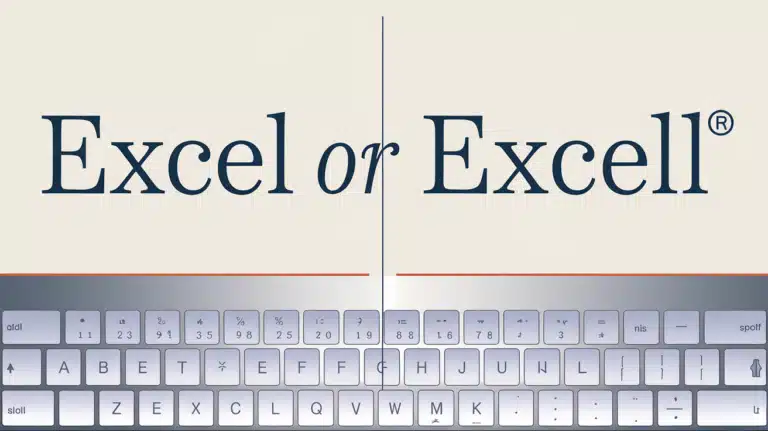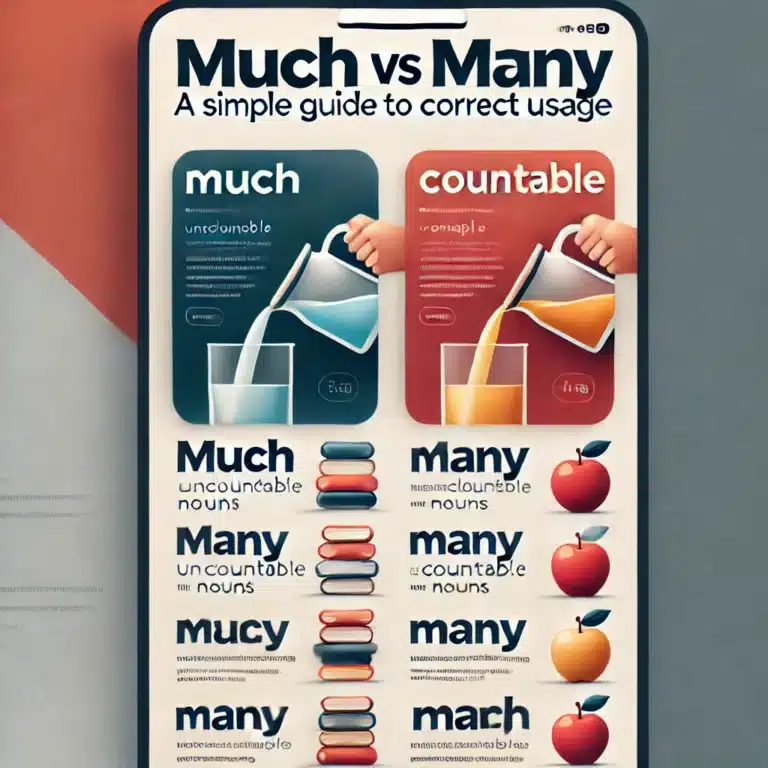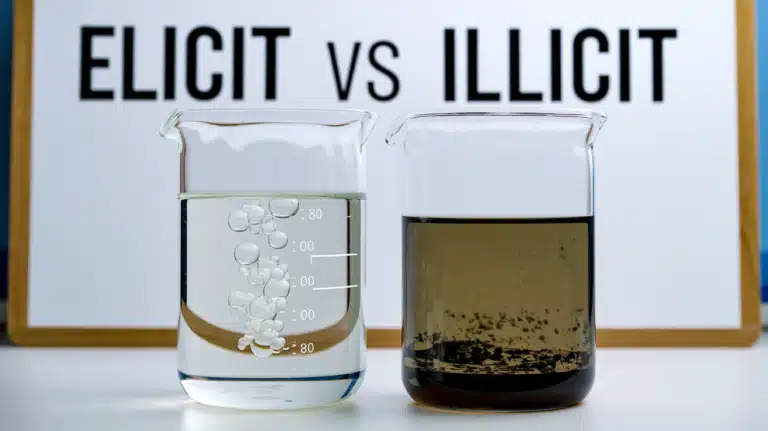Afterward vs Afterwards: Understanding the Key Differences
If you’ve ever found yourself wondering about the difference between “afterward” vs “afterwards,” you’re not alone. These two words might look nearly identical, but they carry slight variations in usage that often confuse even seasoned writers. Both function as adverbs, and both mean the same thing — “at a later time.” However, the choice between them usually comes down to regional preferences in English.
In this post, we’ll clear up the confusion around these two terms. We’ll cover their meanings, explore how American English and British English treat them differently, provide examples of each in use, and dig into their linguistic roots. By the end, you’ll know exactly when to use “afterward” or “afterwards” depending on your audience and context.
Why Do People Get Confused?
The confusion around “afterward” and “afterwards” largely stems from their nearly identical definitions. They’re both adverbs that indicate a temporal relationship — something happens later than something else. The key distinction, however, lies in spelling norms across different forms of English.
For example:
- In American English, “afterward” is much more common and is considered standard.
- In British English, “afterwards” tends to be the preferred choice.
This difference doesn’t affect the meaning of the words, but it can lead to confusion when deciding which one to use, especially if you’re writing for a global audience.
Read More About : Vicious vs Viscous: the Art of Word Choice in Writing
What Do “Afterward” and “Afterwards” Mean?
Both “afterward” and “afterwards” mean the same thing: “at a later time” or “subsequently.” They are synonyms in terms of meaning, used to indicate that something happens after a particular event.
Here are some simple definitions:
- Afterward: (adverb) at a later or future time.
- Afterwards: (adverb) at a later or future time.
Examples in Context:
- Afterward: “We went to the party, and afterward, we had dinner.”
- Afterwards: “She completed her assignment and went home afterwards.”
As you can see, both sentences express the same idea. The difference is simply in the spelling, influenced by regional preferences.
Key Differences Between “Afterward” and “Afterwards”
American vs. British English
The most significant difference between “afterward” vs “afterwards” lies in regional spelling conventions:
- American English typically favors “afterward” without the “s.”
- British English (along with Canadian English and Australian English) leans toward “afterwards.”
According to language conventions, this is part of a broader trend where many words that end in “ward” in American English take an additional “s” in British English. For instance:
- American English: forward, toward, backward
- British English: forwards, towards, backwards
This pattern has extended to “afterward” and “afterwards” as well.
| Word | American English | British English |
|---|---|---|
| Afterward | Afterward | Afterwards |
| Toward | Toward | Towards |
| Forward | Forward | Forwards |
| Backward | Backward | Backwards |
Tone and Formality
There’s also a subtle difference in writing style and tone. “Afterward” is often perceived as slightly more formal or neutral, especially in American writing. “Afterwards” can sound more casual or conversational, though this is not a hard-and-fast rule.
Case Study:
A study of formal writing samples (academic papers, news articles) from both American English and British English sources found that “afterward” appears more frequently in American academic publications, while “afterwards” is more commonly used in British media and literature.
Consistency Matters
Regardless of which variant you choose, it’s important to stay consistent. If you’re writing for an American English audience, stick with “afterward” throughout your piece. Likewise, if you’re writing for a British English audience, go with “afterwards.” Consistency in language preference helps maintain clarity and coherence in your writing.
How to Decide: Should You Use “Afterward” or “Afterwards”?
Choosing between these two words is less about word meaning and more about audience consideration. Here are some tips to help you decide:
- Who is your audience? If you’re writing for an American audience, use “afterward.” For British, Canadian, or Australian audiences, “afterwards” will feel more natural.
- What’s your writing style? If you’re writing something formal, “afterward” might fit better, especially in American English. For a more casual or conversational tone, “afterwards” can sound friendlier, particularly in British English.
- Are you aiming for consistency? If your piece is mixed, with influences from both British and American English, pick one variant and stick with it throughout.
Examples:
- Formal (American English): “The committee met to discuss the issue, and afterward, they issued a statement.”
- Casual (British English): “We went to the concert and afterwards grabbed a drink at the pub.”
Real-Life Examples in Context
To better understand the usage of “afterward” and “afterwards,” let’s explore some real-world examples from literature, journalism, and everyday speech.
- Afterward Example (American English):
- “The team celebrated their victory and afterward held a press conference.” (Journalistic context)
- Afterwards Example (British English):
- “She finished reading the letter and went out for a walk afterwards.” (Literary context)
Synonyms and Related Terms
If you want to avoid the “afterward vs afterwards” debate altogether, there are plenty of synonyms and similar terms you can use to convey the same idea. Here are some synonyms you can substitute based on the event sequence or time frame:
Synonyms for Both “Afterward” and “Afterwards”:
- Later
- Subsequently
- In the aftermath
- Thereafter
- Following
More Specific Alternatives:
- Immediately afterward/afterwards (for quick succession)
- Shortly afterward/afterwards (for a short delay)
- A while later (for a moderate delay)
Each of these alternatives can be useful depending on the context of your writing. For instance, “later” is often used in more casual settings, while “subsequently” may be preferred in academic or professional writing.
The Origins of “Afterward” and “Afterwards”
Understanding the origins of these words can help clarify their subtle differences.
Root Origins
Both “afterward” and “afterwards” come from the Old English word æfterweard, which itself is a combination of “æfter” (after) and “weard” (toward). Over time, the “-s” was added in British English to mirror other adverbs that end in “-wards.” This linguistic evolution is part of what led to the current divergence between English variants in different countries.
Modern-Day Usage
Today, both words are acceptable in English, though regional preferences still dictate which form is more common. American English continues to prefer the shorter “afterward,” while British English remains loyal to “afterwards.”
Quick Comparison Table: Afterward vs Afterwards
To make it even easier to remember the difference between these two words, here’s a quick comparison:
| Feature | Afterward (American English) | Afterwards (British English) |
|---|---|---|
| Meaning | At a later time | At a later time |
| Common Usage | Formal, Neutral | Casual, Conversational |
| Typical Regions | U.S., Canada | U.K., Australia, New Zealand |
| Related Words | Later, Subsequently | Later, Subsequently |
| Formality Level | Slightly more formal | More casual |
Conclusion: Final Thoughts on Afterward vs Afterwards
In conclusion, while “afterward” and “afterwards” share the same meaning, the choice between them boils down to regional preferences and writing style. American English leans towards “afterward,” while British English prefers “afterwards.” Understanding these differences helps ensure that your writing is clear and coherent, no matter who your audience is.
Ultimately, there’s no wrong choice between “afterward” and “afterwards.” Both are grammatically correct, and your decision should be based on the context and audience for your piece. Whichever you choose, stick with it for consistency.
If you want to expand your grammar knowledge or explore more tips on improving your writing, be sure to check out our other articles!
This comprehensive guide should clarify the confusion between “afterward” and “afterwards” for your readers, equipping them with practical insights and real-world examples.







